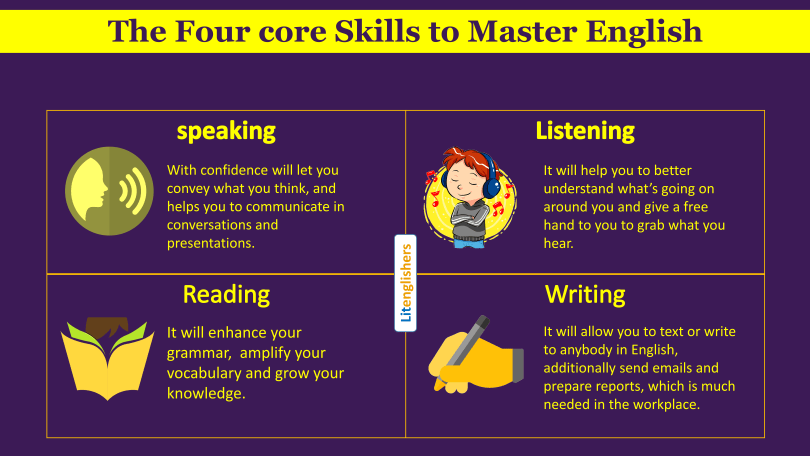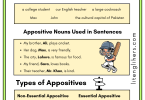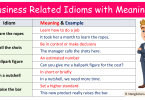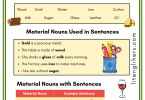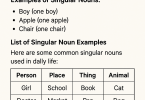The Four core Skills to learn English
Grammar can be bothersome and infuriating. It is not easy to learn English because there are so many rules that simply do not make sense. For Instance, the pronunciations of the word “cat’ as “kat and price as price, do not make sense.
“Grammar can be defined as a set of assumptions about the correct use of a language and pronunciation.”
English Grammar is extensive. The words can be distinguished into nouns, pronouns, verbs, adjectives, adverbs, prepositions, and conjunctions. A little introduction to the basics of Grammar is important so that you understand how things work.
Here are four components to learn English
- Speaking
- Writing
- Reading
- Listening
Reading: It will enhance your grammar, amplify your vocabulary and grow your knowledge.
Writing: It will allow you to text or write to anybody in English, additionally send emails and prepare reports, which is much needed in the workplace.
Speaking: With confidence will let you convey what you think? and helps you to communicate in conversations and presentations.
Listening: It will help you to better understand what’s going on around you, and give a free hand to you to grab what you hear.
You will need to master these four skills Because that’s the real secret here. If you know how to speak fluently but your listening skills are low, you won’t be able to have good conversations. Being a poor writer or reader shuts you out of most online communications and opportunities.
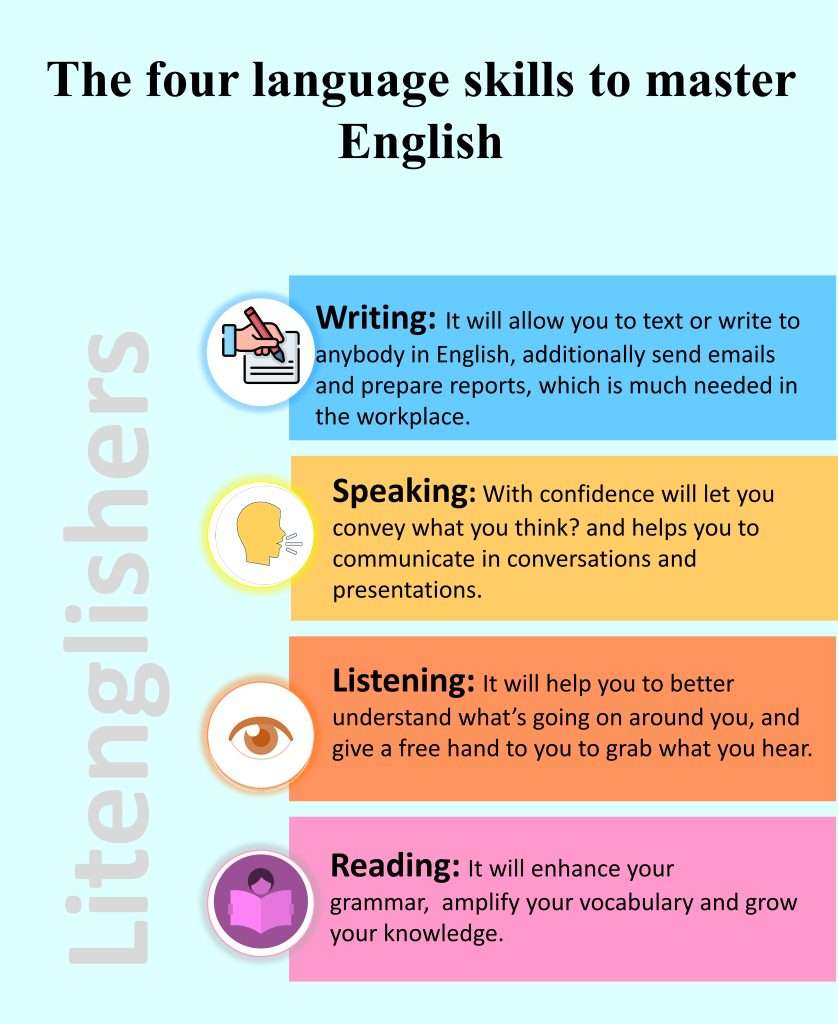
These four English language skills are Implausibly important to Learn English
It is in the nature of man to possess some qualities and every human being has some sense in which they are very deeply perceptive some people’s sense of hearing is very sharp, some are good at writing, and some have good communication skills. You’re probably already pretty good at one or two of the four skills.
Perhaps you’re a good listener, maybe you’re confident when you speak with others. Maybe you’re creative and full of stories, or perhaps, you simply enjoy reading them or enjoy to create an atmosphere in your mind with a sense of euphoria.
Paradoxically you’ll be good at some of the skills than others but here the thing that matters the most is, you need to know. what you’re good at and where you need to improve is very important. Focusing on your weakness make you able to build your strength.
See! What You are Good at?
- Identify your weak and strong points: Rank the four language skills (reading, writing, speaking, and listening) in order of how difficult you find them, from easiest to most challenging, and in which you’re good. The skill that you find the hardest is the one that you’ll need to work on the most.
- Identify your English level proficiency: You might already know some English or you may be still trying to learn the basics. In a way, it’s always a good idea to take a free level test and find out where your skills are.
- You need a basic understanding of grammar: Memorizing grammar rules isn’t a good or fun way to learn English, but having a basic idea of sentence structure is important. Once your foundation to make sentences is built, everything becomes easier.
- You need a basic vocabulary: Similarly, you can’t learn a language by memorizing the most-used words. Further being familiar with the common expressions and knowing certain terms will help you to understand better about the grammar. Keep a dictionary or a thesaurus on hand for quick reference or to avoid any trouble that you face while memorizing or understanding meanings.
Four English Language Skills Speak, Write, Listen and Read that you can master with these pretty simple tricks
The need is that the first thing you should know about yourself is exactly what your strengths and weaknesses are and what is your English proficiency level, What’s your capability to learn or grab something new. And it doesn’t matter if you’re an adult or a senior because knowing where you already are is the best way to figure out where to go from here. There is no age to learn, you can start from now on, it’s not too late, just a little effort lead you to the way…
The tips to get grip on four major learning skills: speaking, writing, reading, and listening.
- Subtitles and transcripts let you practice your reading skills and also make you able to understand quickly.
- Your writing skills are tested by the quizzes that how much you have learned. so try to attempt more quizzes
- Listening in English is made easier with the subtitles, stay attentive while watching, pause the video you are watching if you have any trouble understanding the meaning of any sentence or word, or ask someone about the meaning of that word and also get help from the online dictionary.
1: Practice Asking and Answering Questions
Even native speakers can get confused when they’re not prepared to speak or sometimes. Sometimes we get stuck while speaking some words and never know what to say because we don’t exactly know how to pronounce that word and face embarrassment. So this isn’t because we don’t know what to say, but rather because we’re unsure of how to say it.
That’s why understanding how sentences are formed is important, and you can start with the very basics like the order of words in a sentence. And let me tell you one of the easiest ways to practice basic sentence structure is by asking and answering questions.
As you may already know some questions in English usually begin with one of the 5 W: when, where, what, why, which (and sometimes, how). these all words start with W but their meanings are quite different from each other.
Very often Questions also usually have part of the answer already in them. so give it a try to search it out by yourself it could be known by asking questions or searching the internet or other resources. Some questions have answers in them.
For example:
Who walks the dogs?
You just need to replace the “who” to answer the question like—
“Rania” walks the dogs.”
Once you know how to form and answer questions, you can ask yourself some questions that twinkle in your mind and try answering them. Here are some ideas that what you like or not and try to answer them.
- What are some of the things I hate enormously? I hate the most…..
- Where do I want to go for a vacation? I want to go on vacations to…….
- How will I finish my homework? I will finish my homework………
- Where do I want to be in ten years? In Ten years I want to be……..
- What do I want for supper today? Today, I want ___ in supper…….
You’ll just need to use the correct order of words that sound natural like we used in the last lines.
For example:
if you practice it many times, you’ll start noticing that, In six years, I want to be a Website designer (focus on“ What”) has a slightly different meaning from “I want to be a website designer “ in six years“ (focus on “when”), and “I want to be in six years a website designer” sounds just plain wrong and unnatural.
By memorizing the format of asking and answering questions, you’ll improve your grammar skills and help get more confident with your English speaking style. Once you become good at asking and answering questions, you’ll realize that interacting with people is merely a series of questions and answers. You can even try this with your family members and friends.
2: Find a Study Partner to Speak With
Finding an online study partner isn’t that difficult if you remain active on social media. There are apps like Hello-Talk or Bigo, where you can find native and other English speakers and get the chance to practice English speaking. So many people are eager to learn other languages so you can teach them your mother tongue in exchange for learning English.
You can also search for English language learners and try to study English with them. Just remember to be polite and show your interest that you are eager to learn something and so you’ll find a lot of eager learners like you who might be willing to get practice speaking in a safe, judgment-free environment, for this purpose you can use Skype, Whatsapp or other calling apps.
- Grammar (English) Learning on Facebook is the biggest platform to learn
- Learn English with Friends join groups and pages
3:Learn the Most Common Phrases Used in English discussion
Knowing about some important phrases that we used in our daily life helps us a lot in the field or to conversate with others. Knowing about chunks of sentences like how to greet friends and strangers, ask for help or any information. Such things that you can learn in one sitting just by watching a video or reading over some magazines and newspapers and the most important thing is it’ll help you when you move on to more complicated stuff.
4: Get Perfect Pronunciation with Voice-recognition Apps
If you’re a non-native speaker, learning how to pronounce correctly using British or American English may not come naturally to you. So you need to find another alternative who speaks like a native speaker and helps you in your practice.
This is where apps like Azure, ForTwo, and how say, ELSA, Duolingo, Speexx, Rosetta stone, Busuu, and Italki can be your best friend. The very best voice recognition technology to give instant feedback on your pronunciation. With more than 15,000 lessons and an interactive dictionary, you can spend just 10 minutes a day on any of these apps and see the results quickly.
5: Keep a Diary
The surest way to build a writing habit is to keep a diary and write in it every day. Since a diary is personal, no one else will read it or judge you for your mistakes, so you can be completely free and write whatever you feel, whatever you like and if you find a word unique then you can write it in your diary just to use later.
You can write about what you did during the day, your favorite memories, or something you’re looking forward to. And on days when you feel too tired to write, you can skip the paragraphs and make a list or two, instead.
6: Use Grammarly
No one has perfect grammar (not even native speakers do) and it’s pretty normal to make grammatical mistakes. But there are ways to minimize the grammar mistakes you make while you write, and one of the best apps that you use to minimize those mistakes is Grammarly. You can install Grammarly on your web browser or your laptop and get instant checks of your grammar and punctuation and even feedback about why you’re wrong. It will be a great help to you.
Put to good use it’ll help you in two ways
- You’ll learn English grammar from your blunders.
- You won’t have to worry about sending something wrong to anyone because Grammarly will put down your sentence mistakes and save you from embarrassment.
7: Use the apps that highlight the mistakes
Good writing is more than just the text without any grammatical mistakes. You need to make sure that your writing is clear, or easy to read and understand.
These are some apps that help you to do just that by telling you how “readable” something is. The app highlights all the words and sentences you need to change or modify to clarify your writing.
- Grammarly Business.
- INK For All.
- Linguix Business.
- Hemingway
- PerfectIt.
- ProWritingAid.
- LanguageTool.
- Ginger Software.
- Atomic Reach
For instance, a purple highlight means that you should try to use a shorter word (the app even suggests synonyms!). Green and blue highlights mean you’re using passive voice and too many adverbs, respectively. And a red highlight is a sign that your sentence is too dense and you should edit it for clarity.
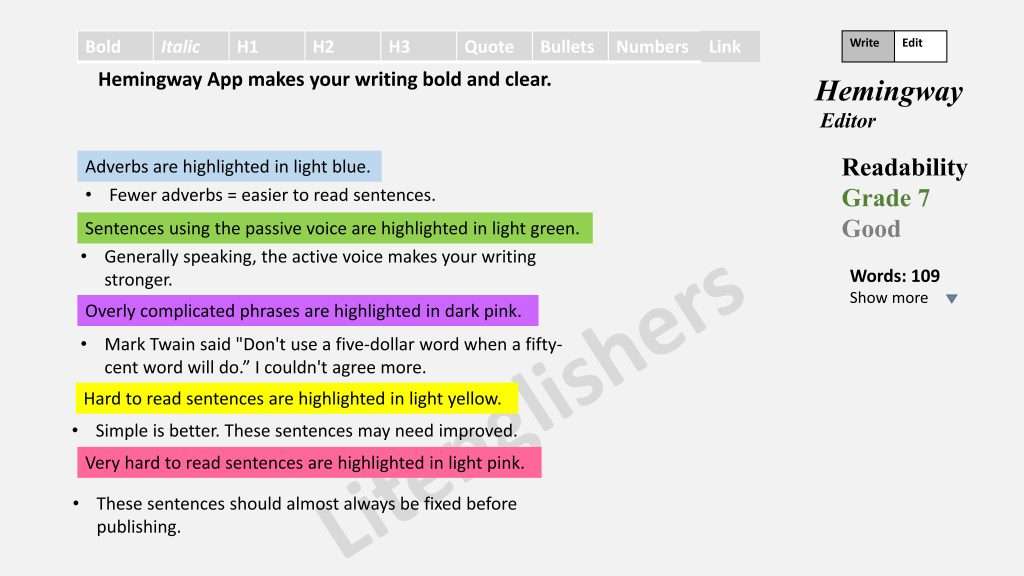 It’s a fun and educational experience, so give it a try.
It’s a fun and educational experience, so give it a try.
8:Try Writing Your Own Stories
Stories aren’t just entertainment, they help us make sense of the world and take us to an imaginative world where we can rule as we want. All of us have stories to tell, but we often don’t know how to express them. The easiest way to fix that is to read children’s books of folk tales and fairy tales and try writing your tales and stories.
Make your own imaginative kingdom
You can use the same characters but change them in some way, or put them in a completely different situation. For example, you are the princess/prince of a kingdom and you rule there or do what you want. It’s pretty entertaining and helps a little bit to improve your writing as well as vocabulary.
Again, the goal is to improve your imagination and get you writing, so you don’t have to worry about how “correct” it all is. Besides, you won’t even be publishing them. Eventually, you’ll be able to write your own stories and express your thoughts and views more clearly than how you feel and reacts.
9: Pretend to be a fluent speaker or writer
If you’ve joined a workplace, you may have to do a fair bit of professional writing, such as writing emails, memos, reports, and the like. And it’s okay to be nervous if you don’t have the experience you can take help from online pre-written articles and templates. you can just pick the idea from there and when you get experience, try to make your templates and articles.
You can get some help by looking up a template online for whatever you’re trying to write, and following the pattern to write your own. For example, here’s a template for an email! With enough practice, you’ll soon be able to start writing on your own without the templates.
10:Tune Your Ears to Listen to English
Being a good listener is a valuable skill because, unless we learn to listen well, we’ll never be able to understand the person we’re conversing with. The simplest method to test your listening skills is to listen to something, from a motivational talk like you listen to your favorite song, and then test how well you understood the lyrics.
There are several ways to do this. Here are some tips for learning to listen in English:
i. Solve Listening Comprehension Exercises
A reading comprehension exercise is one in which you read a passage and then answer questions that test your knowledge and understanding of what you’ve just read. In a listening comprehension exercise, as you might expect, you listen to the passage instead of reading it, which means you need to listen closely and remember the important details. If you didn’t get the grip after listening to the text or passage then translate it with Google Translate and if you are listening to any song then search the internet for the lyrics.
ii. Listen to Podcasts and Watch Shows
The more English content you listen to or watch, the better you can understand and be well-prepared or confident. You’ll improve your language skills and learn about the finer points of English culture that you won’t ever find in a grammar textbook. It’s both entertaining and informative.
However, there’s a twist to make that activity even more interesting: Listen or watch something for 15-20 minutes, and then spend about five minutes summarizing it, either out loud or in writing.
As we all eagerly watch Turkish and Korean dramas in English dubbing so why not start with this? It’s both an entertaining and a learning process at the same time.
iii. Be Aware of Pauses and Silences in Conversations
While you’re listening, don’t just listen to the words, the need is to pay attention to the pauses and silences in a conversation too. Body language and facial expressions are just as important in showing meaning, almost as much as the words themselves, and pauses have a lot of meaning so be assured where to use the pause and where to not.
In short, try to be more observant, attentive, and patient whenever you’re listening.
11: Play Memory Games
There’s a lot to remember when you’re learning a new language and words. Memory games can help you remember important things by making the learning process fun!
For example, if you’re learning a list of words related to food, you can have a friend read out that list while you pay careful attention. Then, see how many items from the list you can remember and gain a point for each correct item. After that award, the winner appreciates himself.
12: Try Your Hand at interpreting
Interpreting is when you listen to something and write it down, exactly as you heard it.
You can take any audio/video material and try to interpret it. Or, you can even try taking notes while you’re listening to it, making you focus on both your writing and listening skills at the same time.
14:The Secret to Read swiftly and grasping More
Getting into a regular habit of reading will help you a lot for your entire life. You won’t only have a great vocabulary for any context, but you’ll also be more knowledgeable and have a better understanding than others.
If you still don’t know what to read, start with the Litenglishers Website.
15: Solve Comprehension Exercises
Finally, to check if your reading and understanding skills have improved, try solving a few comprehension exercises online. Just choose the course according to your learning abilities and then gradually try to solve the tricky r tough exercises.
Solving a short comprehension exercise or two each week is a great way to watch your skills improve.
The secret is out! You now know the four major English language skills you should be targeting in your studies, and plenty of tips to help you do so.
We’re not saying it’s going to be easy. Learning a language takes a lot of patience, dedication, and passion, but if you stick to it and wanted to acquire something or improve your worth then you’ll surely get the reward. Mastering English not only improves your job prospects, but it also opens up a whole new way of thinking, and understanding the world as well as connects you to over two billion people who also speak the same language.
And isn’t that a wonderful feeling?
Read on and improve yourself!
